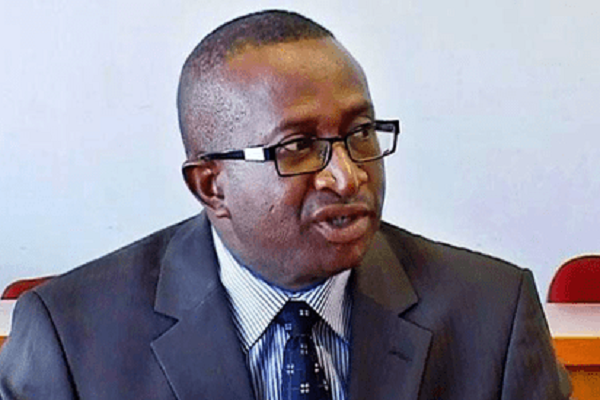Former Senate Leader and ex-Board Chairman of Niger Delta Development Commission (NDDC), Senator Victor Ndoma-Egba (SAN), has said that shifting from a presidential to a parliamentary system of government will be a difficult task to achieve.
Ndoma-Egba, a lawyer and politician, made the submission while reacting to the call for a change to the parliamentary system from the present presidential method of government in Nigeria by some lawmakers via a bill.
The bill seeking a return to the parliamentary system captioned: ‘The Bills Proposing Constitutional Alterations For a Transition To Parliamentary System of Government,’ was sponsored by the House Minority Leader, Hon Kingsley Chinda, and 59 others.
Expressing his view on the issue, the erstwhile Senate Leader, said: “That is a call for a fundamental restructuring of the country from a presidential system of government back to a parliamentary system that we had practised up to the first military coup of January 15, 1966. To achieve this you will need at the very least, a constitutional amendment that will come with many accompanying consequential amendments that will amount to almost a new constitution.
“The major arguments against the presidential system have been the concentration of executive powers in chief executives, that is the president or governors to the point of making them constitutional dictators, and the cost of the system.
“Recall however that the country started off with the parliamentary system. Why was it ditched? What were the arguments against it? We need to as of today compare the comparative economics and advantages of both systems. But certainly, it will be a change that will not be easy to come by.”
The ex-parliamentarian further noted that “Both systems have their advantages and disadvantages but the attraction of the presidential system in our situation is the stability it gives and the authority it confers on the elected chief executives who are elected directly by the people and for fixed terms, unlike the parliamentary system that is controlled by parliament.”
Switching To Parliamentary System Will Be Difficult – Ndoma-Egba
